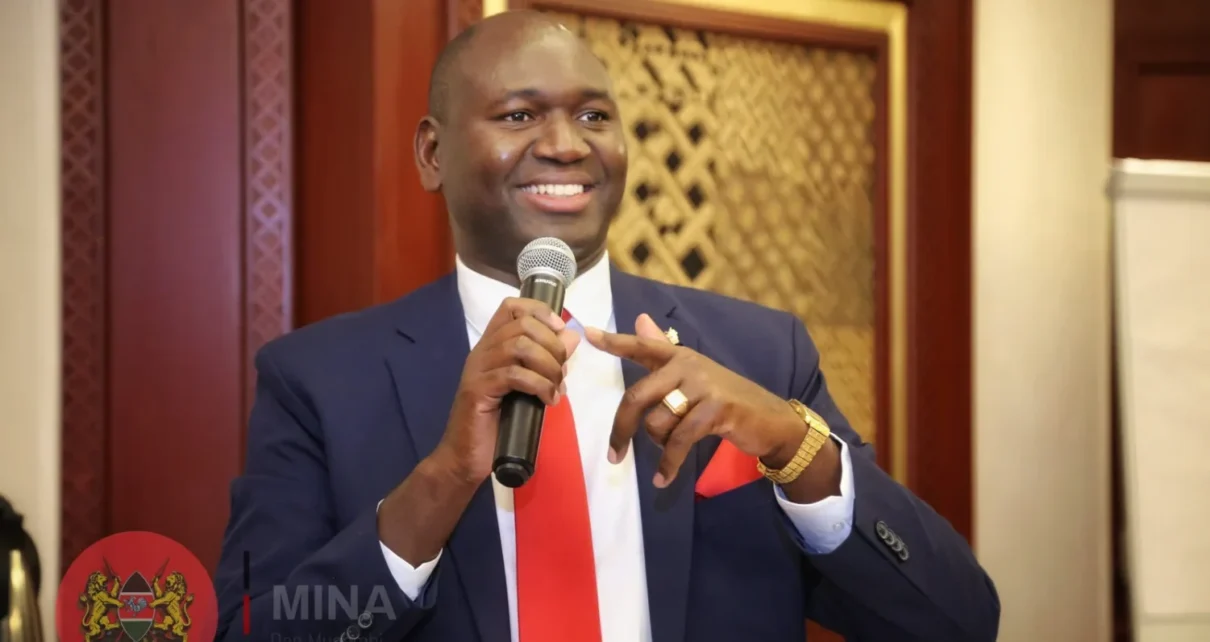The government will not force Kenyans to register for the new Maisha Card, nor will it link its acquisition to the upcoming general elections, according to Immigration Principal Secretary (PS) Julius Bitok.
PS Bitok emphasized that the government aims to encourage Kenyans to voluntarily transition to the Maisha Card by highlighting its superior features compared to the current ID. The existing 2nd generation ID will remain valid, even for the next general election. However, Bitok underscored the substantial benefits of the Maisha Card’s advanced digital features.
“It is not the government’s intention to compel individuals to apply for the Maisha Card. We want it to be voluntary, but it is advisable to consider obtaining it early,” PS Bitok stated during a breakfast meeting at the Nairobi Serena Hotel with representatives from Civil Society Organizations (CSOs), religious leaders, the private sector, youth, and other special groups.
Addressing concerns about a potential link between the Maisha Card and plans to rig the 2027 election, Bitok dismissed these claims, noting that the earliest expiration date for the 10-year card would be in 2033, well after the next election.
“This assertion is unfounded. The first Maisha card was printed in 2023. If you do the maths, you’ll clearly see that the first card to expire will be in 2033 long after the next election!” he explained.
He expressed confidence that once citizens recognize the benefits of the Maisha Card, they will see the value in obtaining it. The Maisha Card, also known as the 3rd Generation ID, incorporates modern technology and biometric capabilities that meet international standards and global trends.
PS Bitok also defended the 10-year expiration date of the Maisha Card, explaining that it aligns with industry practices, international conventions, and the reality of technological wear and tear. Additionally, the expiration accounts for changes in facial and other biometric features over time.
“The expiration of your ID does not diminish your citizenship status; it simply indicates that your ID needs to be renewed,” he said.
The meeting also addressed draft regulations for the Registration of Persons Amendment Rules 2024 and the Births and Deaths Registration Amendment Rules 2024. These amendments aim to streamline the Maisha Namba system and its components, including the Unique Personal Identifier (UPI), Maisha Digital Identity, and the Maisha Namba Database. The regulations will also provide a framework for capturing new biometric features, such as the iris, that were previously not registered.
Furthermore, the regulations seek to align the Maisha Card with counties as administrative units and as a means of identification, as defined by the Constitution.



